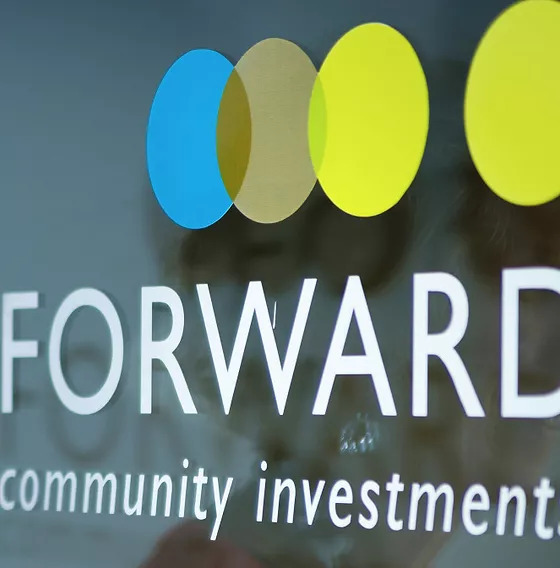Forward Community Investments (FCI), a community development financial institution that serves as an investor, connector, and advisor for many organizations and initiatives, has successfully completed its first round of funding for its 2022 Health Equity Grant Fund, awarding 10 organizations with $25,000 each.
Registered through the Department of Treasury as a community loan fund, FCI provides financial support to organizations and initiatives working towards reducing social, racial, and economic disparities in Wisconsin communities. While FCI focuses on providing loans to help fund these organizations’ community-based projects, their work has also allowed them to receive funds that will help provide grants to the same organizations that promote positive change. One of these grants includes the 2022 Health Equity Grant Fund, through which the FCI will be offering $500,000 in grants to Wisconsin-based organizations that have addressed issues of health equity in the past year.
Tom Behnke, the manager of grant programs and communications at FCI, explains that with the help of the Otto Bremer Trust (OBT), a family trust working in Minnesota, Iowa, and Wisconsin, FCI will be able to provide a $25,000 grant to 20 organizations through two funding rounds. In each round, 10 organizations or initiatives will be selected by an external committee that focuses its selection on four project areas: expanding access to affordable housing, early childhood education, workforce training, and health services while revitalizing neighborhoods and rural communities.
Asides from project areas and other eligibility criteria, Behnke explains that organizations who apply must not be an affiliate of a national organization, in order to better assist smaller, grassroots organizations throughout Wisconsin communities.
“We feel that an avenue and a way to help some of the residents of the cities that are being affected, you know, with the lack of early childhood training or access to affordable housing, is through some of those smaller grassroots organizations that are able to connect those services to those individuals in a better way than maybe some of the larger organizations,” says Behnke. “This is a kind of grant that we really like to prop up little organizations, really crucial small organizations, that are doing really great work and may not have the capacity or infrastructure in place, like some of the larger national organizations.”
In just the first round, the 2022 Health Equity Grant Fund received 150 applications from organizations across the state, highlighting the importance and need for financial support among non-profit and small-scale organizations. Out of the 150 applicants, 10 organizations and initiatives were chosen, including the Institute for Collective Wellbeing in Madison.
Rebecca Paradiso de Sayu, co-creator and co-director of the Institute for Collective Wellbeing, explains that the Institute was founded on the idea of how the community can learn and grow together around a shared mission of collective wellbeing, as the organization aims to share stories, ideas, practices, research, and frameworks. Through its initiatives focused on health equity and wellbeing, the Institute continues to create conditions for people to ask themselves what it takes to be well.
As recipients of FCI’s 2022 Health Equity Grant Fund, the Institute will use the grant to fund some of these initiatives, which includes their Collective Wellbeing Summit taking place on September 15, 2022, which is focused on the project area of workforce training.
“Upwards of 50 million people left their jobs last year and continue to do that. One of the primary drivers of that is toxic work culture,” says Paradiso de Sayu. “So this is really a moment for organizations to be looking at what does it take to create what we call a culture of care. That’s what we intend to explore with this Collective Wellbeing Summit.”
The organizations funded by the Health Equity Grant, including the Institute for Collective Wellbeing, will use FCI’s support to invest in their initiatives that help reduce social, racial, and economic disparities in Wisconsin by placing the people and organizations closest to these issues at the forefront of change. What sets FCI’s grant apart from others is its belief that because there are many grants that restrict the way its recipients use its funds, the 2022 Health Equity Grant Fund will trust each organization’s judgment in using the funds in any way that will help their organization advance health equity in their project area.
Paradiso De Sayu highlights the importance of this aspect of community funding as she states, “If we truly are in support of equitable societies, governments, and communities, then we have to trust people to know what they need.”


































